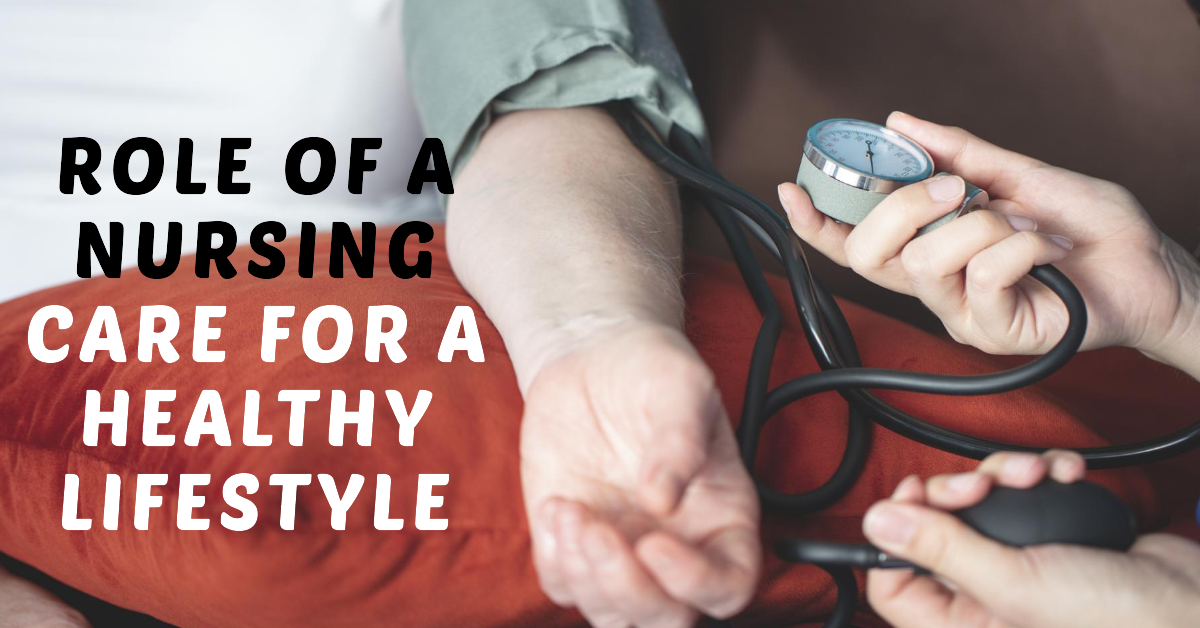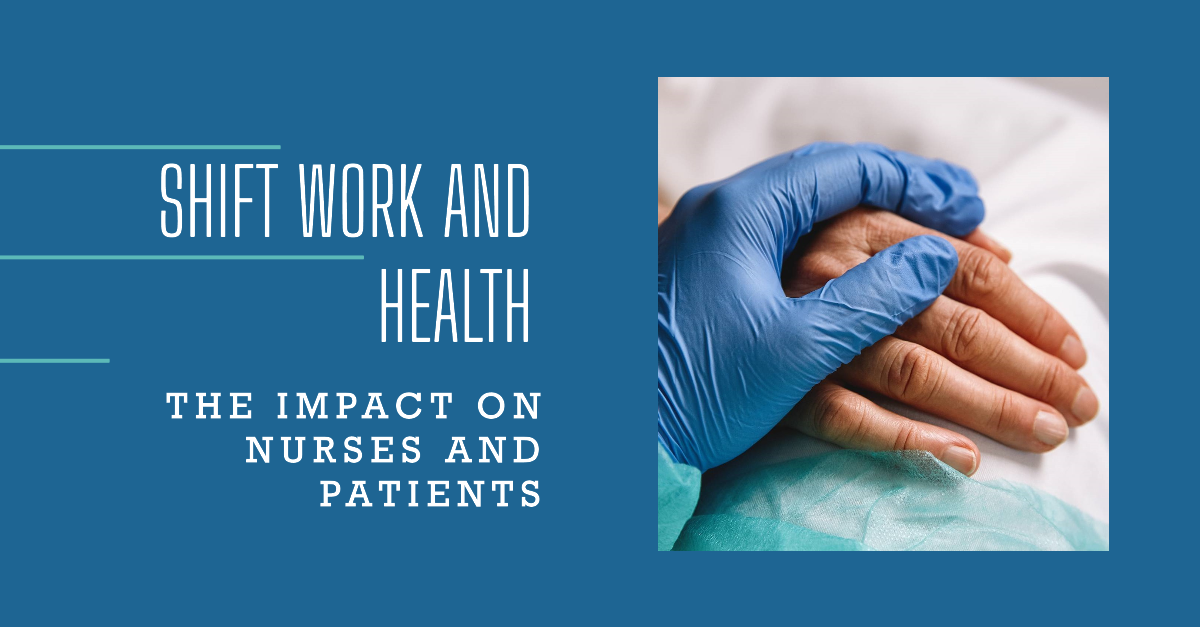The role of a nurse in lifestyle – Nurses are an integral part of the healthcare system, playing a multifaceted role that extends far beyond clinical tasks. They are advocates for patient well-being, educators, and vital members of the healthcare team.
Their influence touches not only the immediate health of individuals but also the broader lifestyle choices that can enhance quality of life.
This article explores the essential role of nurses in lifestyle management, emphasizing their contributions to health education, preventive care, and holistic wellness.
Health Education and Promotion
One of the primary roles of nurses is to educate patients about their health. This education encompasses various topics, including nutrition, exercise, mental health, and chronic disease management.
Nurses empower patients with the knowledge they need to make informed decisions about their lifestyles. By providing clear, accessible information, they help patients understand the impact of their choices on their overall health.
For example, a nurse working in a community health setting might conduct workshops on healthy eating, teaching participants how to prepare nutritious meals on a budget.
How Does a Nurses Shift Duty Affect Lifestyle?
Similarly, a nurse in a hospital may explain the importance of medication adherence and lifestyle modifications for patients with diabetes. This education fosters a sense of agency among patients, encouraging them to take control of their health.
Preventive Care and Early Intervention
Nurses play a crucial role in preventive care, focusing on identifying risk factors and intervening before health issues escalate.
They perform screenings, such as blood pressure checks and cholesterol tests, and assess patients’ lifestyle habits. By doing so, nurses can identify individuals at risk for conditions like heart disease, obesity, and diabetes.
Early intervention is key to effective lifestyle management. For instance, if a nurse identifies a patient with elevated blood pressure, they can educate the patient on lifestyle modifications such as diet changes and exercise.
This proactive approach not only helps prevent the progression of disease but also promotes healthier living. the role of a nurse in lifestyle
Role of a Nurse Holistic Approach to Health and Lifestyle
A nurse’s role in lifestyle management extends to adopting a holistic view of health. This means considering not only the physical but also the emotional, social, and environmental factors that influence a patient’s well-being.
Nurses recognize that lifestyle choices are often interconnected with mental health, stress levels, and social support systems.
For example, a nurse might work with a patient dealing with anxiety to develop coping strategies, such as mindfulness practices or support group participation. By addressing these broader aspects of health, nurses help patients create sustainable lifestyle changes that improve their overall quality of life.
Role of a Nurse in Lifestyle Advocacy and Support
Nurses are strong advocates for their patients, ensuring they have access to the resources and support they need to lead healthy lifestyles. (role of a nurse in lifestyle)
This may involve connecting patients with community programs, such as fitness classes or nutritional counselling, that can facilitate lifestyle changes.
Additionally, nurses advocate for public health policies that promote healthy living. They may participate in initiatives aimed at reducing smoking rates, improving access to healthy foods, or increasing physical activity in their communities.
By championing these causes, nurses help create environments that support healthier lifestyles for everyone.
Building Trust and Relationships
A significant part of a nurse’s role in lifestyle management is building trusting relationships with patients. This rapport is essential for effective communication and encourages patients to be open about their challenges and goals.
When patients feel understood and supported, they are more likely to engage in discussions about their lifestyle choices.
Nurses often spend considerable time with patients, allowing them to observe behaviours and attitudes that may affect health. By being approachable and empathetic, nurses can facilitate meaningful conversations that lead to positive lifestyle changes. (role of a nurse in lifestyle)
Continuous Learning and Adaptation
The field of nursing is constantly evolving, and nurses must stay informed about the latest research and best practices related to lifestyle management. This commitment to continuous learning allows them to provide the most current information and strategies to their patients.
For instance, nurses must keep abreast of new dietary guidelines, exercise recommendations, and mental health resources to effectively guide patients in making healthy choices.
Moreover, nurses adapt their approaches based on the diverse needs of their patients. They recognize that lifestyle interventions must be tailored to fit individual circumstances, cultural backgrounds, and personal preferences. This adaptability is crucial for fostering patient engagement and compliance with lifestyle changes.
The Nurses Role in Lifestyle Conclusion
In conclusion, the role of a nurse in lifestyle management is multifaceted and essential. Through health education, preventive care, holistic approaches, advocacy, and relationship-building, nurses significantly impact the lifestyles of their patients.
They empower individuals to take charge of their health, leading to improved well-being and quality of life. As the healthcare landscape continues to evolve, the importance of nurses in promoting healthy lifestyles will only grow, underscoring their vital role in shaping the future of healthcare.





One thought on “The Role of a Nurse in Lifestyle”